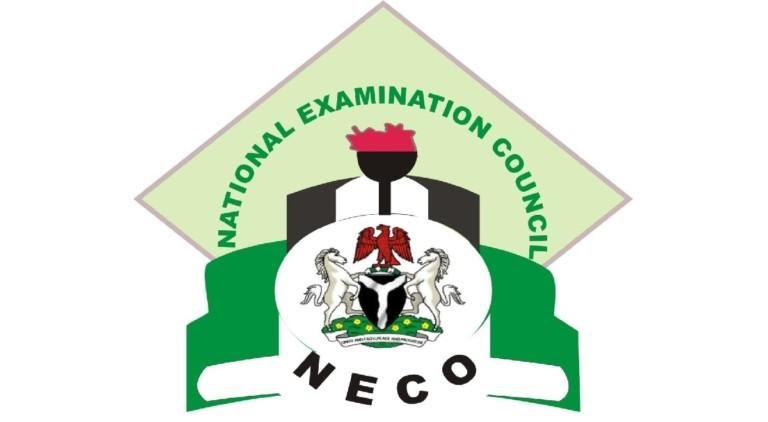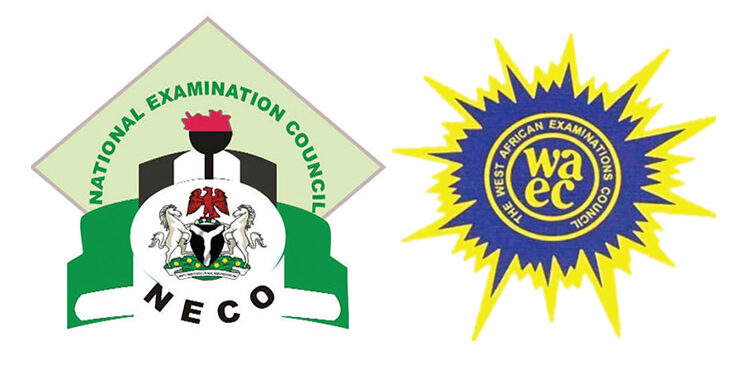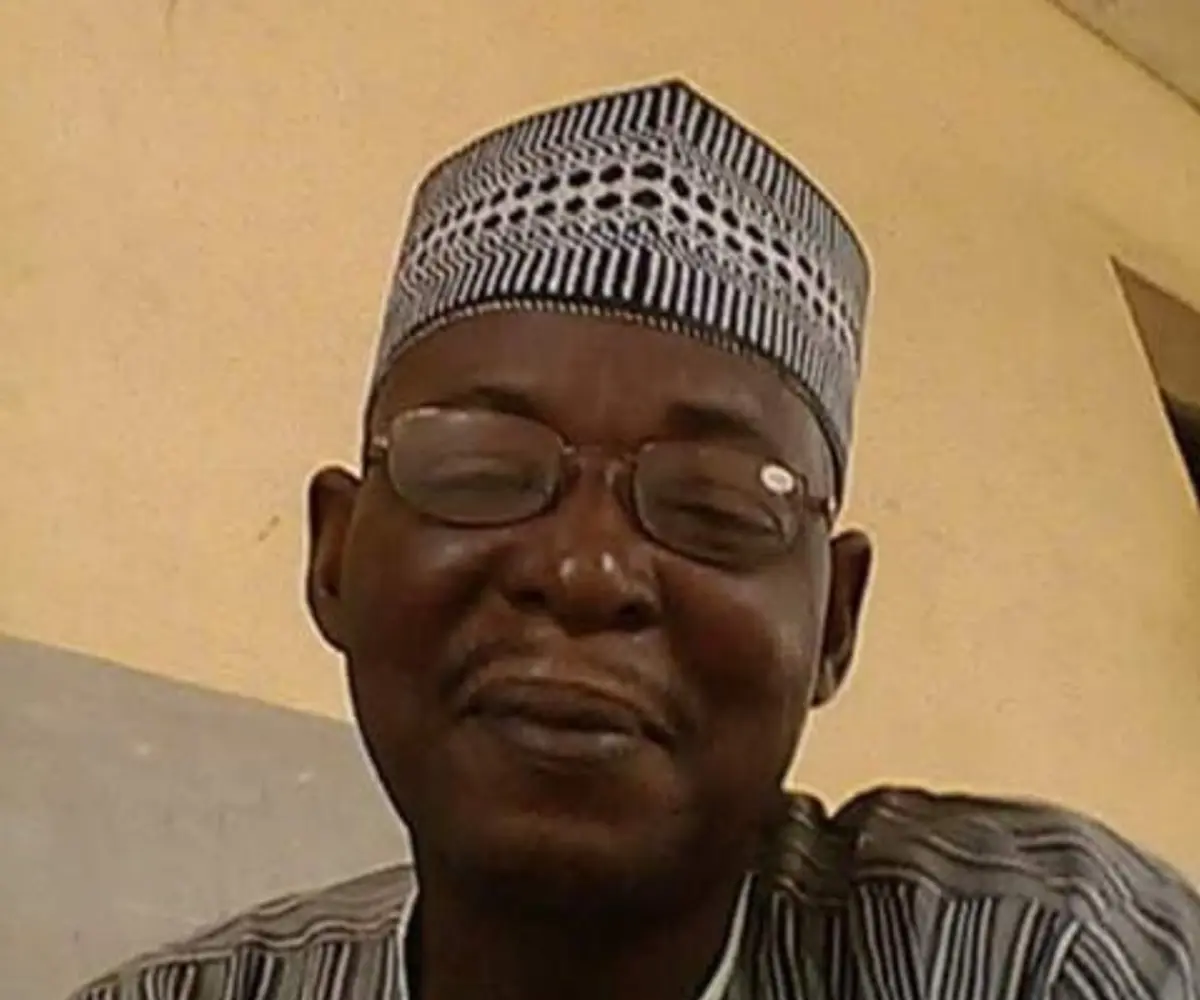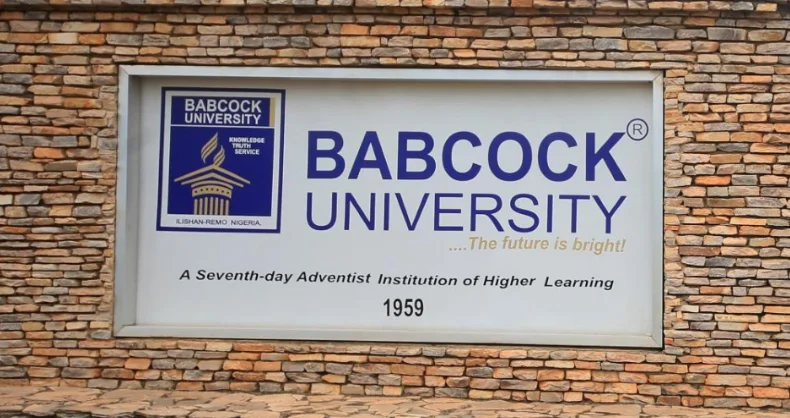FG to utilise private CBT centres for school-based SSCE — NECO


The federal government has announced that privately run Computer-Based Test (CBT) centres, along with those operated by public institutions, will be fully engaged in conducting the school-based Senior School Certificate Examination (SSCE) by 2026.
The Minister of Education, Dr Tunji Alausa, made this known while monitoring a pilot CBT SSCE organised by the National Examinations Council (NECO) at Sascon International School, Maitama, on Tuesday in Abuja.
Alausa, who praised NECO for the smooth conduct of the pilot CBT SSCE, explained that future school-based SSCEs would take place at designated CBT centres rather than within school premises.
“WAEC and NECO exams are school-based exams being conducted at their schools. But we will move away from that.
“It is going to be like the way JAMB exams are being conducted at CBT centres. We have thousands of CBT centres across the nation.
“Those are the centres that we are going to use. It’s not a case that students do not have the facilities or that schools do not have the facilities.
“We have enough people. We also have to expand the value chain of these CBT centres. They should not just be to service JAMB alone,” he said.
Alausa noted that CBT centres across the country should be capable of handling WAEC and NECO exams, pointing out that the owners of these centres have invested billions of naira in setting them up.
“So we also have to help develop a new value chain in our economy.
“They will create jobs. You see a lot of computers, hardware, and software. And more importantly, we have entrepreneurs in Nigeria who are creating and developing these solutions.
“These are homegrown solutions. We should all be proud. Today, we should all stand tall and be proud of what we utilise.
“These are the kinds of opportunities that President Bola Tinubu is unleashing in every sector of the economy,” he said.
The minister applauded NECO for its readiness to adopt CBT fully, stating that the pilot phase demonstrated both capability and determination to drive reform.
“This is the first in the history of NECO, which is conducting its annual O-Level Certificate exams for SS3 students.
“This is a pilot that we pushed to have, and I must tell you, I was very impressed with what I saw.
“I have to commend the Registrar of NECO for the hard work that he and his team have deployed to get us to this stage, because when we decided that we were going to go CBT, everybody thought this was an insurmountable task.
“But today, we’ve seen that this is a process; this is a transition that is possible,” he added.
He further revealed a phased implementation of the CBT format across all school-based exams, beginning with objective questions this year.
“I’m a very happy person today that NECO has transited to CBT from paper-based. By November of this year, both NECO and WAEC objective exams will be full CBT.
“And by next year, all the essays and objective exams will be CBT. NECO and WAEC will be joining the league of JAMB. We are making significant progress,” he said.
On his part, NECO Registrar, Prof. Ibrahim Wushishi, affirmed the council’s preparedness to conduct CBT exams.
“NECO is ready as a professional body to conduct examinations using any medium.
“We may have challenges of infrastructure; that is obvious, but then that will not bog us down not to do it. There are facilities that will give us the opportunity to conduct CBT, and we are good to go for that.
“We are all aware that there are certain difficult terrains across the countries where we will not be able to meet up with that, except there are exceptional infrastructures to give us the opportunity to do that,” he said.
Wushishi appealed to governments at all levels to accelerate the provision of CBT infrastructure in their states, stating that this would greatly enhance the transition process.
He also announced that a total of 1,367,210 candidates had registered for the 2025 SSCE, the highest number recorded so far.
According to him, among this figure, 685,551 were male and over 681,300 were female.
He noted that Kano State had the highest number of registered candidates, with more than 137,000, while Kebbi had the lowest, just above 5,000.
He also highlighted that the centre with the fewest candidates was the Nigerian International School in Jeddah, Saudi Arabia, which registered eight students.
Vice Chairman of the Senate Committee on Education (Basic and Secondary), Senator Samson Ekong, pledged the National Assembly’s support to implement measures that will ensure a smooth transition to CBT examinations.
He committed the Senate to continue overseeing the process of the examinations and assured that efforts would be made to guarantee the quality of education nationwide.









